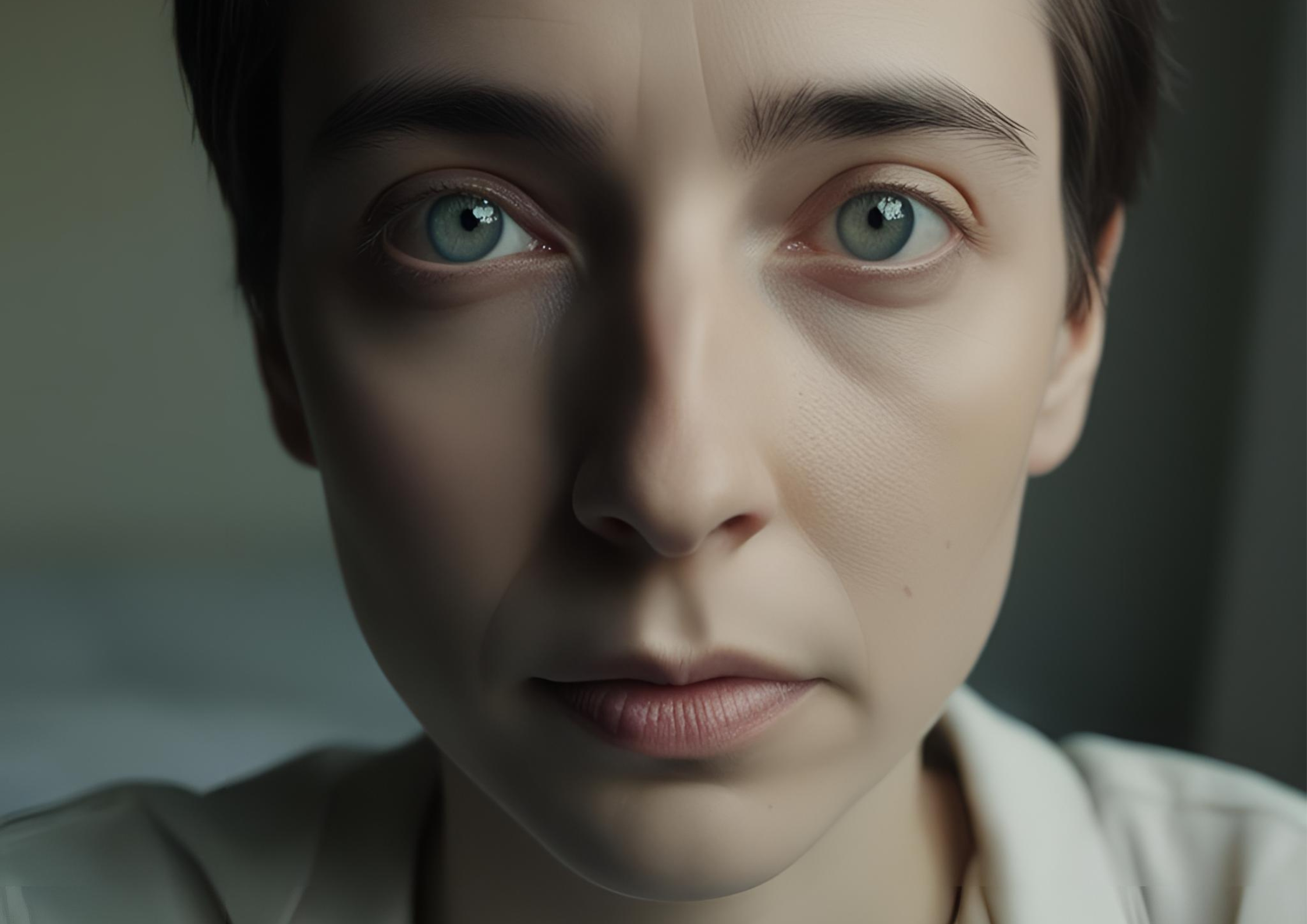Glassy eyes refer to a condition where a person’s eyes look shiny, blurry, or unfocused. The eyes may appear wet or as if they are covered with a thin layer of moisture. This condition can be caused by different factors, including tiredness, illness, or emotions. Many people experience glassy eyes at some point, but the cause can vary from simple fatigue to serious medical problems.
Common Causes of Glassy Eyes
Lack of Sleep
Not getting enough rest is one of the most common reasons for glassy eyes. The body needs sleep to refresh and recover, and when someone is tired, their eyes may appear dull or unfocused. Sleep deprivation can also lead to dry eyes, making them look shinier than usual.
Dehydration
Not drinking enough water can lead to dehydration, which affects the entire body, including the eyes. When the body lacks water, the eyes can become dry, causing them to look glossy and irritated.
Illness and Fever
Fever and other illnesses can make the eyes look glassy. The body’s response to infections and viruses includes inflammation and excess tear production, leading to a glassy effect in the eyes.
Medications and Drugs
Some medicines, such as allergy medication or drugs that cause drowsiness, can lead to glassy eyes. Alcohol and recreational drugs can also make the eyes appear glossy due to their effects on the nervous system and tear production.
Allergies
Allergic reactions can make the eyes look red, itchy, and watery. Pollen, dust, pet hair, and other allergens can trigger the body’s immune response, leading to a glassy appearance in the eyes.
Emotional Reactions
Strong emotions like sadness, happiness, or stress can cause the eyes to become glossy. Crying or tearing up, even slightly, can make the eyes look wet and shiny.
Medical Conditions That Cause Glassy Eyes
Dry Eye Syndrome
This is a condition where the eyes do not produce enough tears, or the tears evaporate too quickly. It leads to irritation, redness, and a glassy appearance.
Diabetes
High blood sugar levels can affect the eyes, causing them to appear shiny or watery. People with diabetes may experience frequent dry eyes, blurred vision, or excessive tear production.
Neurological Disorders
Conditions affecting the brain, such as concussions, head injuries, or neurological diseases, can cause glassy eyes. This happens due to problems with eye movement, focus, or nerve damage.
Hypoglycemia (Low Blood Sugar)
A sudden drop in blood sugar levels can cause dizziness, confusion, and glassy eyes. This is common in people with diabetes or those who haven’t eaten for a long period.
Ways to Treat and Prevent Glassy Eyes
Get Enough Rest
Sleeping at least 7-9 hours a night helps prevent tired and glassy eyes. If you feel sleepy during the day, a short nap can help refresh your eyes and mind.
Stay Hydrated
Drinking plenty of water is important to keep the eyes moist and healthy. If you often experience dry eyes, increasing your water intake can help.
Use Eye Drops
Over-the-counter artificial tears can provide relief for dry or irritated eyes. These drops help maintain moisture and reduce the glassy appearance caused by dryness.
Limit Screen Time
Looking at screens for a long time can cause eye strain, leading to glassy eyes. Taking breaks, blinking often, and using blue light filters can help reduce strain on the eyes.
Avoid Excess Alcohol and Drugs
Drinking alcohol or using certain drugs can lead to glassy eyes. Reducing consumption can help maintain clear and healthy eyes.
Eat a Healthy Diet
Eating foods rich in vitamins A, C, and E, as well as omega-3 fatty acids, helps maintain eye health. Leafy greens, fish, nuts, and carrots are great for eye care.
See a Doctor if Necessary
If glassy eyes last for a long time or come with other symptoms like dizziness, pain, or blurred vision, it is best to visit a doctor. This helps rule out serious conditions that might need medical attention.
Understanding Glassy Eyes in Different Situations
Glassy Eyes in Children
Children may have glassy eyes due to tiredness, fever, or colds. Parents should ensure their child is well-hydrated, gets enough sleep, and rests when sick.
Glassy Eyes in the Elderly
Older adults may experience glassy eyes due to aging, medications, or chronic health issues. Regular eye checkups can help detect and manage eye problems in older individuals.
Glassy Eyes in Pets
Even pets can have glassy eyes. This may be due to infections, allergies, or eye injuries. If a pet’s eyes appear glossy for a long time, a veterinarian should be consulted.
Glassy eyes are usually not a cause for concern, but understanding their causes and remedies can help keep the eyes healthy and clear.










